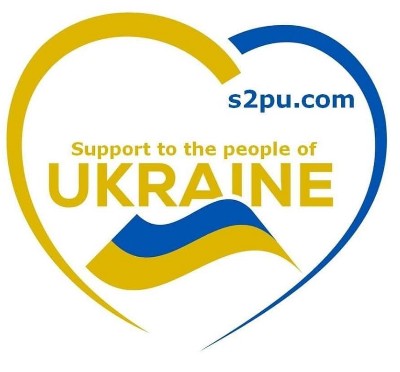Those pacts are known as the Minsk agreements, and they include such steps as the pullback of forces and military equipment by both sides, Kyiv granting amnesty to combatants who have not committed grave crimes; and Ukraine holding local elections and granting special status to the areas now held by separatists. They also include the withdrawal of "all foreign armed formations, military equipment, as well as mercenaries" from Ukrainian territory and the restoration of Kyiv's control over its border with Russia in that area, across which ample evidence shows that Moscow has sent troops and weapons during the continuing conflict.
While the Minsk agreements have helped to deescalate the fighting, they have not stopped it. One reason is that deals were hammered out quickly during hot phases of the war and were vaguely worded, allowing each signatory to interpret details -- such as the sequence of steps toward peace -- in its own way.
Enter Frank-Walter Steinmeier.
In 2016, looking for a way to break the deadlock, Steinmeier -- then Germany's foreign minister, now its president -- proposed a slimmer, simplified version of the Minsk agreements. Basically, it was a way to get Ukraine and Russia to agree on the sequence of events outlined in Minsk.
What Did Zelenskiy Say About It?
Acknowledging that the Steinmeier Formula had become a highly charged issue for the Ukrainian public, Zelenskiy said he wanted to clarify what it meant.
Yes, he said, by signing on, Ukraine agreed to hold local elections in the Donbas -- but only under Ukrainian law, and only after Russian forces are withdrawn and Ukraine regains control of the state border -- wording that suggests there may still be ample room for disagreement on the sequence of steps each side must take.
"There won't be any elections under the barrel of a gun," Zelenskiy said, apparently trying to bat away assertions that he had conceded to Russia's demands. "There won't be any elections there if the troops are still there."
He said a new law on special self-governing status for the Donbas would be addressed by parliament soon and that the language included in it would not cross any "red lines," adding that "there will be no capitulation."
Zelenskiy said that mutual agreement to the Steinmeier Formula meant that "the final obstacles" to a proposed and highly anticipated summit bringing him together with Russian President Vladimir Putin, German Chancellor Angela Merkel, and French President Emmanuel Macron that is seen as a potential key step to peace "have been eliminated." He said a date for the summit, which would be his first meeting with Putin, could be announced soon.
“And in this new law, no “red lines” will be crossed,” Zelensky said. “Therefore, there can be no instrument of surrender (in war).”
Surveys show a vast majority of Ukrainians want to see an end to the war in the Donbas. A big part of the allure of Zelenskiy, a comic actor who entered Ukraine's presidential election campaign with no political experience, was his promise to bring peace.
But supporting the Steinmeier Formula could be risky for Zelenskiy. A recent poll by the Kyiv-based Rating Group said two-thirds of respondents were unable to rate the Steinmeier Formula, while 23 percent opposed the idea and 18 percent supported it.
Some Ukrainian veterans and opposition political parties, as well as some civil-society groups and Ukrainian ultranationalists, have stood against the Steinmeier Formula or any peace deal that may benefit Russia.
